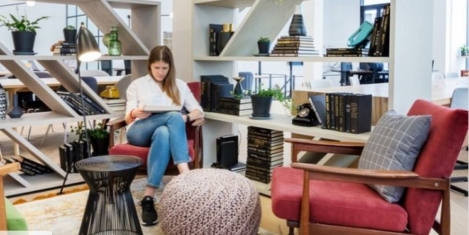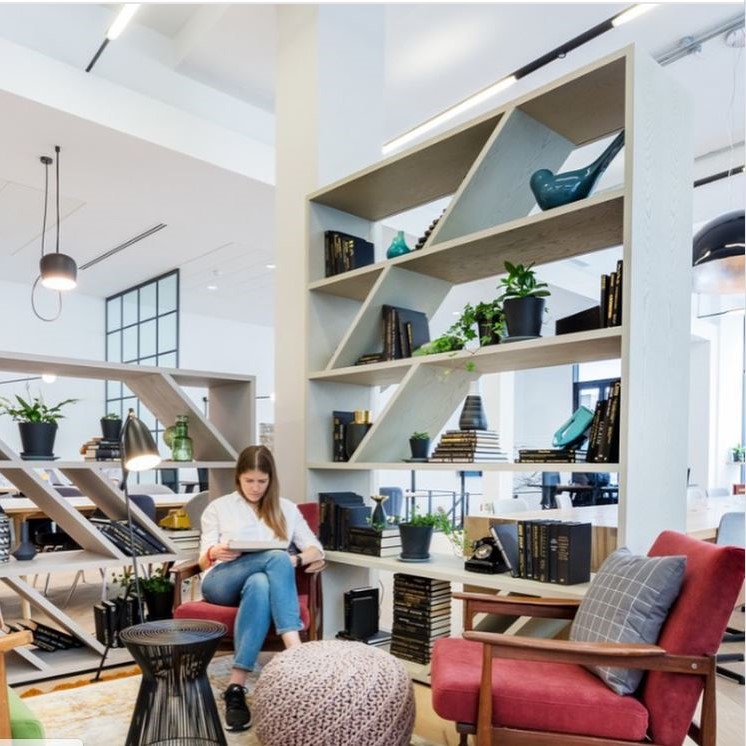October 16, 2024
If firms want people to ‘return to office’, they should offer a better experience
 A new report from the British Council for Offices (BCO) argues that if employers want their staff to ‘return to office’, they need to approach the workplace in the same way they would their customers by creating spaces that offer experiences workers actively seek out. The report, titled Towards Experience Utopia, claims to serve as a comprehensive guide for creating optimal working environments that integrate the best aspects of both remote and in-office work. Commissioned by the BCO Occupiers Group, which includes major employers like NatWest, PwC, Deloitte, and Goldman Sachs, the report highlights how the shift towards hybrid working has transformed the expectations of employees. (more…)
A new report from the British Council for Offices (BCO) argues that if employers want their staff to ‘return to office’, they need to approach the workplace in the same way they would their customers by creating spaces that offer experiences workers actively seek out. The report, titled Towards Experience Utopia, claims to serve as a comprehensive guide for creating optimal working environments that integrate the best aspects of both remote and in-office work. Commissioned by the BCO Occupiers Group, which includes major employers like NatWest, PwC, Deloitte, and Goldman Sachs, the report highlights how the shift towards hybrid working has transformed the expectations of employees. (more…)




































August 28, 2024
How younger generations are redefining workplace exits
by Katherine Loranger • Comment, Workplace